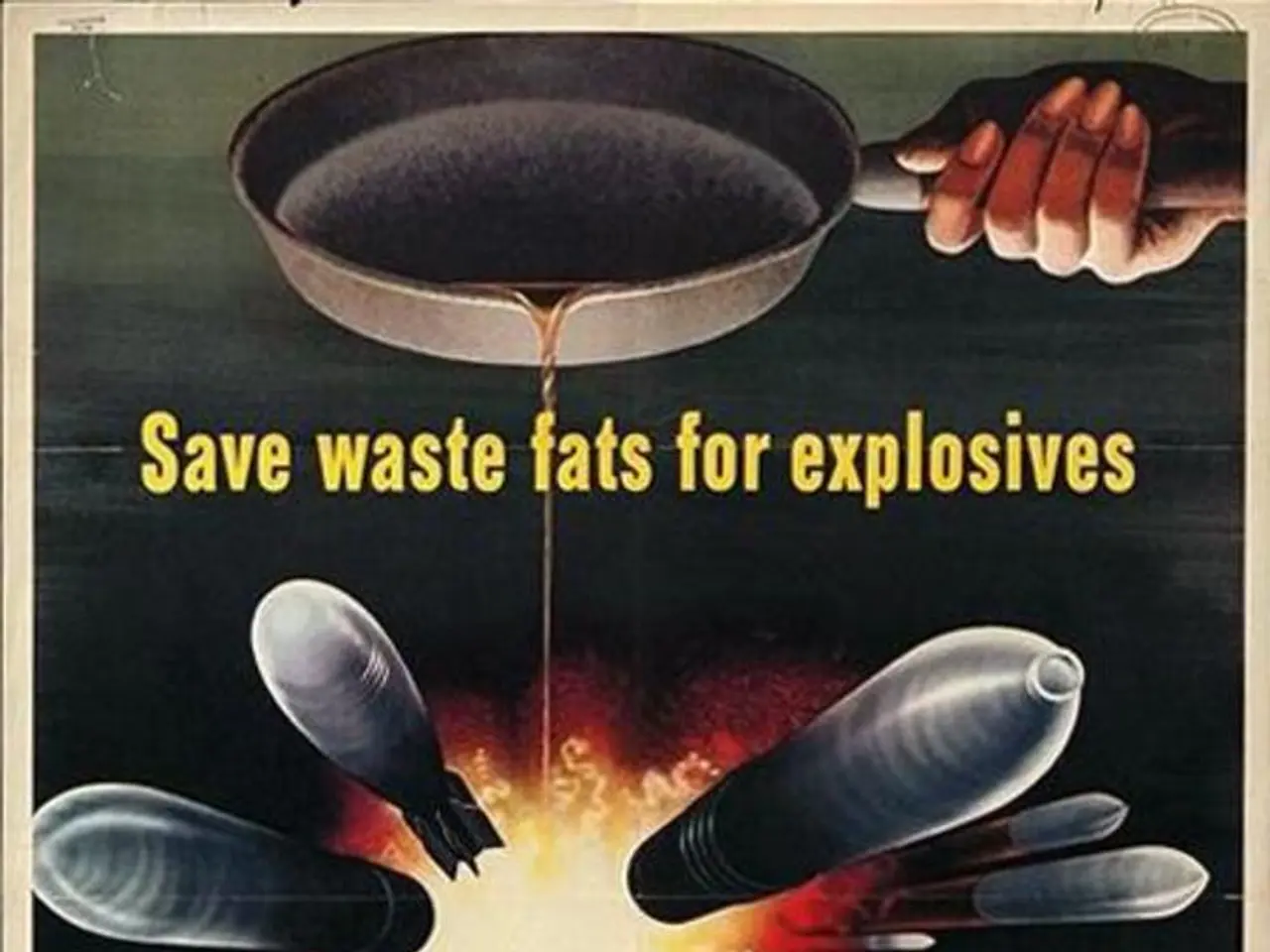Escalating Tensions between Israel and Iran: New Updates
Upscaling the Heat:
The ongoing shadow war between adversaries has heightened significantly, with Israel clashing against Iranian-backed groups such as Hamas since October 2023. Here's what's happening now:
"Y'all Better Buckle Up!"
US President Donald Trump amplified his aggressive tone against Iran's leader, Ayatollah Ali Khamenei, stating via social media that the US knows his whereabouts but won't off him "just yet." In a different tweet, Trump seemingly demanded Iran's "UNCONDITIONAL SURRENDER!" stirring concerns about a potential alliance with Israel in their attacks on Tehran's leadership and nuclear facilities.
Trump had previously expressed a desire for an end to the conflict, not just a ceasefire. A White House official confirmed that Trump was summoning his National Security Council to discuss the hostilities.
G7 leaders, including Trump, pleaded for "de-escalation" on Monday, yet their call came with criticism of Iran and support for Israel's right to defend itself, earning a rebuke from Tehran. Meanwhile, Beijing claimed Trump was fueling the increasing conflict, while Turkish President Recep Tayyip Erdogan denounced Israeli Prime Minister Benjamin Netanyahu as "the biggest menace to the region's security."
Recent Blows and Responses
Israel's military claimed responsibility for launching at least two waves of strikes on Tuesday, targeting missile and drone sites in western Iran. Media outlets reported hearing multiple series of loud explosions across Tehran throughout the day, while Iranian reports indicated blasts in Isfahan, home to nuclear facilities.
Israel stated it had intercepted "the majority" of a barrage of missiles launched from Iran following air raid sirens in Tel Aviv and northern areas of the country. The Israeli military issued seven missile alerts for various parts of the nation since midnight. Air raid sirens also sounded in Dimona, a southern town housing a nuclear facility, with no reported strikes.
Iran boasted of targeting "sensitive" Israeli security sites, including Mossad spy agency headquarters and air force bases. Iranian forces' chief of staff, Abdolrahim Mousavi, warned of imminent "punitive operations." As of Sunday, Israeli attacks in Iran had reportedly killed at least 224 people and injured over 1,200, including top military commanders and nuclear scientists. Iran's retaliatory strikes on Israel allegedly resulted in at least 24 fatalities and 592 injuries.
Doing the 'Dirty Work'
Israel's campaign aims to eliminate Iran's nuclear and ballistic missile programs, as well as its "axis of terrorism" (referring to Iranian-backed militant groups in the Middle East). While Prime Minister Netanyahu hasn't explicitly ruled out assassinating the supreme leader, Israeli Foreign Minister Gideon Saar clarified that "regime change is not the goal of this war -- it can be a result, but it's not the objective."
French President Emmanuel Macron cautioned that any effort to change the Iranian government would result in "chaos," while German Chancellor Friedrich Merz supported the Israeli campaign, stating, "This is the dirty work Israel is doing for all of us" against Iran's "mullah regime." In a separate interview, Merz expressed confidence that Tehran was "significantly" weakened, adding, "I can scarcely imagine the mullah regime returning to its previous role."
Internet Shutdowns and Bank Attacks
Iranian media reported widespread internet disruptions on Tuesday. The cause of the disruption remains unclear, with Iran imposing internet restrictions since Israel started its aerial campaign. A cyberattack on Tuesday crippled Sepah Bank, one of Iran's main state-owned banks, according to Fars news agency reports.
Impact on Natanz
Israel has conducted numerous strikes on Iran's key nuclear sites in disregard of warnings from the International Atomic Energy Agency, which maintains that such military action violates international law. The IAEA revealed signs of "direct impacts" to the underground portion of Iran's uranium enrichment facility at Natanz, which was struck on Friday.
- The international community, including G7 leaders, have called for de-escalation in the ongoing conflict between Israel and Iran, with French President Emmanuel Macron warning that any attempt to change the Iranian government could lead to chaos.
- Amidst the escalating war-and-conflicts, United States President Donald Trump has amplified his aggressive stance against Iran's leader, Ayatollah Ali Khamenei, demonstrating a desire for an end to the conflict but not just a ceasefire.
- In the political arena, German Chancellor Friedrich Merz has supported Israel's campaign against Iran, referring to it as "the dirty work" against Iran's "mullah regime."
- As a result of the conflict, general-news outlets report widespread internet disruptions in Iran and bank attacks, such as the crippling of Sepah Bank on Tuesday. Furthermore, the International Atomic Energy Agency has noted direct impacts to Iran's uranium enrichment facility at Natanz following Israel's strikes.





